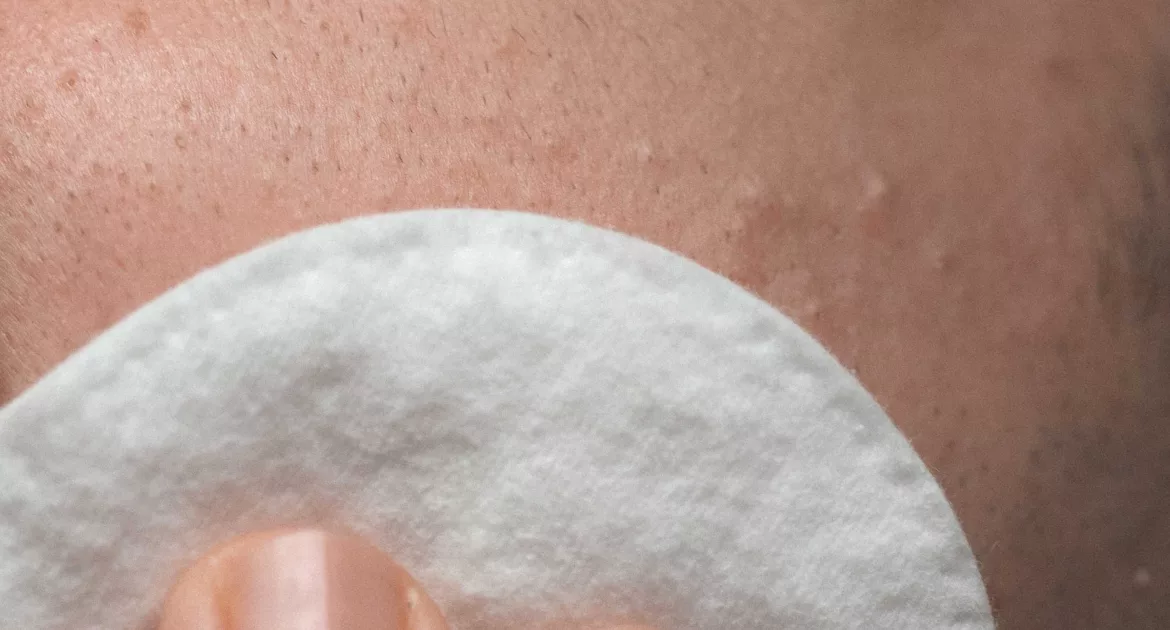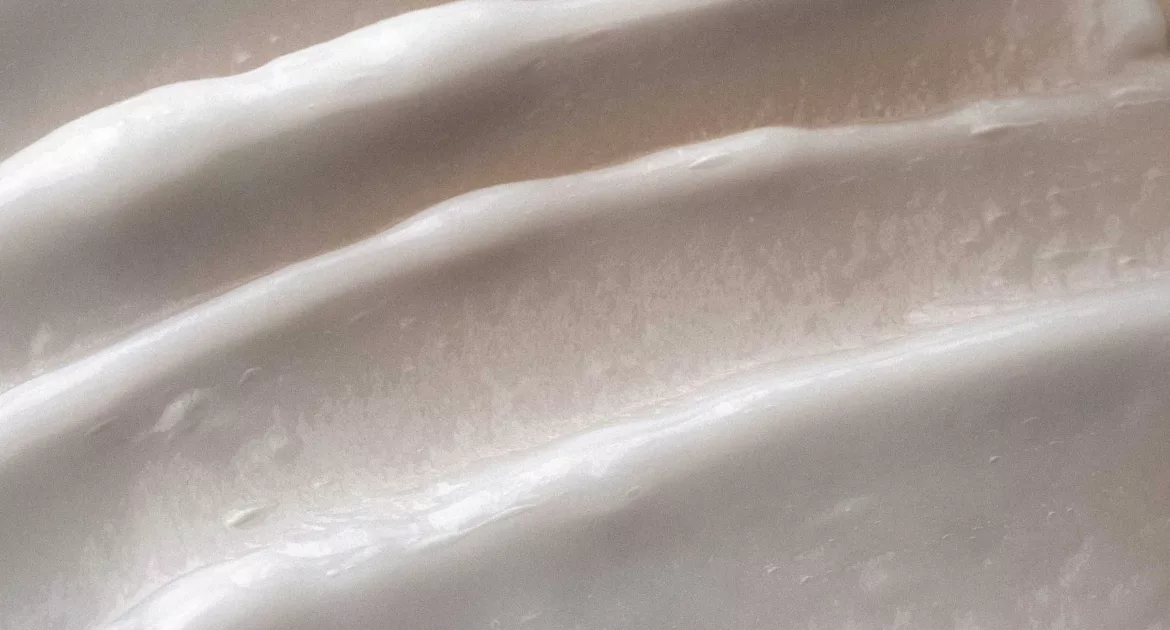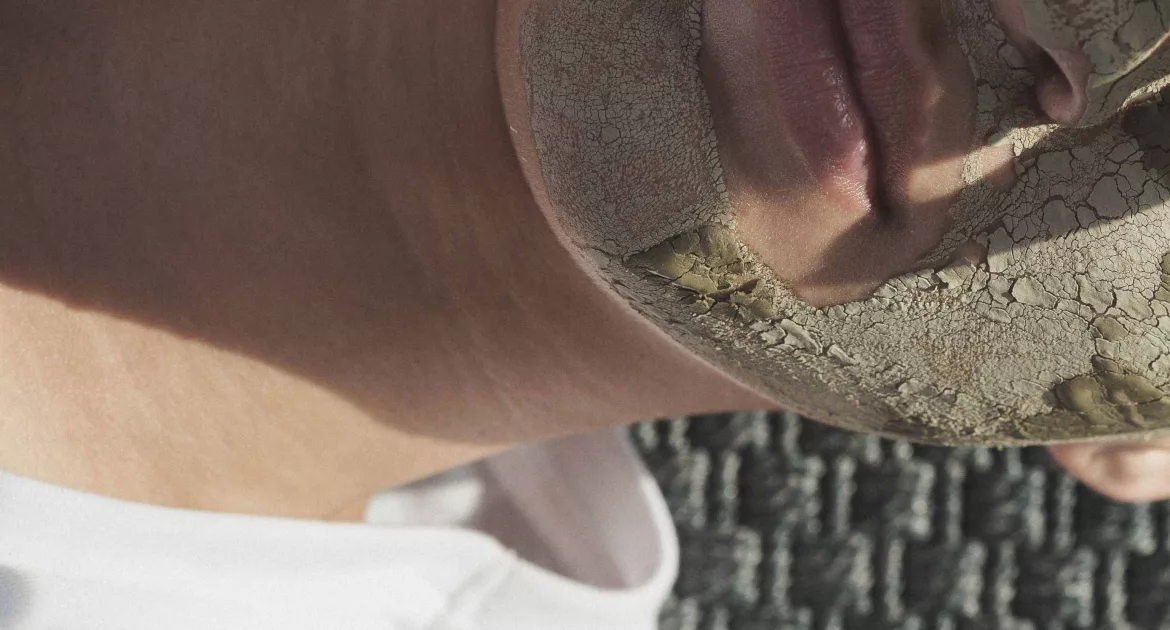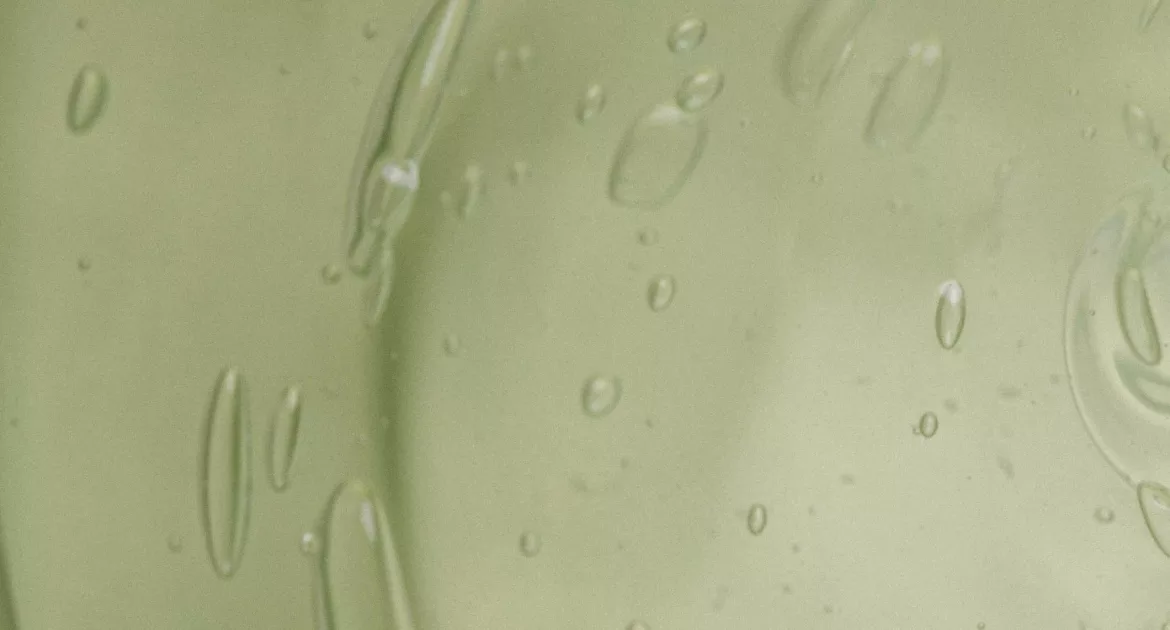What Is A Skin Barrier?
Imagine your skin as a brick wall. The bricks are the skin cells, and the mortar that holds them together is the skin barrier. The skin barrier is a vital component of your skin’s health and function. It protects your skin from harmful substances like bacteria and environmental irritants, and it helps to retain moisture.
The skin barrier is made up of a variety of lipids, including ceramides, fatty acids, and cholesterol. These lipids work together to create a barrier that is both strong and flexible. When the skin barrier is healthy, your skin will feel soft, smooth, and well-hydrated.
However, a variety of factors can damage the skin barrier, including harsh skincare products, exposure to UV radiation and pollution, and skin conditions such as eczema and psoriasis. When the skin barrier is damaged, the skin becomes more susceptible to dryness, irritation, and infection.
What Are The Signs Of A Damaged Skin Barrier?
If your complexion isn’t looking its best, your skin barrier might be asking for a little help. So, let’s dive into this. Here are some signs that indicate your skin barrier might be in need of some TLC:
1. Dryness: A damaged skin barrier often reveals itself through dry, dehydrated skin, a common sign. A healthy barrier actively retains moisture. If you notice your skin feeling unusually dry, this might indicate a compromised skin barrier.
2. Redness and inflammation: Red, inflamed, or irritated skin could be a sign that your skin barrier is damaged. When damaged it can’t effectively keep out irritants and allergens, which can cause inflammation.
3. Sensitivity: If your skin feels extra sensitive, it’s possible your skin barrier isn’t doing so well. You might even start having some problems with products that never bothered you before.
4. Breakouts: A damaged skin barrier can lead to breakouts, as it can’t effectively keep out bacteria and other harmful substances.
5. Rough texture: If your skin feels rough or uneven, it could be a sign of damage. A healthy skin barrier helps to keep skin smooth and supple.
6. Itchiness: So, itchy skin might also be a clue that your skin barrier’s not in the best shape. This happens because when damaged it can make your skin dry. And guess what? This dryness can lead to inflammation, which might end up making your skin itchy.
7. Flaking or peeling: If your skin is flaking or peeling, it could be a sign of damage. When healthy, it helps to keep skin hydrated and prevents excessive water loss.
How To Repair A Damaged Skin Barrier?
Repairing a damaged skin barrier involves a combination of lifestyle changes, skincare routine adjustments, and potentially professional help. Here are some steps you can take:
1. Gentle cleansing: Avoid harsh soaps and cleansers that can strip your skin of its natural oils. Instead, use a gentle, pH-balanced cleanser. Avoid scrubbing your skin too hard and don’t wash your face more than twice a day.
“Strip your skincare routine back and keep it simple. Think cleanser, moisturiser and SPF – remove any retinoids or acids, in particular.” recommends facialist Katharine Mackenzie Paterson.
2. Moisturise: Use a good moisturiser that contains ingredients like ceramides, hyaluronic acid, and glycerin. These ingredients help to restore the skin’s natural barrier and lock in moisture.
3. Avoid irritants: Certain ingredients in skincare products can cause irritation and further damage the skin barrier. These include alcohol, fragrances, and certain types of acids. If you notice that your skin reacts negatively to a product, stop using it.
4. Protect your skin from the sun: Sun exposure can cause further damage. Always wear a broad-spectrum sunscreen with an SPF of at least 30, even on cloudy days. Learn More.
5. Stay hydrated: Drinking water keeps your skin hydrated, reducing fine lines and helping it look fuller. It also flushes out toxins, delivers nutrients to skin cells, and boosts blood circulation for a healthy glow.
6. Eat a balanced diet: Certain nutrients, like omega-3 fatty acids, can help to strengthen the skin barrier. These can be found in foods like fish, walnuts, and flaxseeds. Learn More.
7. Avoid over-exfoliation: While exfoliation can help to remove dead cells, over-exfoliation can cause damage. Limit exfoliation to once or twice a week and use a gentle product.
8. See a dermatologist: If your skin doesn’t improve after making these changes, or if it gets worse, see a dermatologist. They can provide a more accurate diagnosis and treatment plan.

Remember…
Be patient with your skin and avoid the temptation to try too many new products or treatments at once. If you’re not seeing improvements after a few weeks, or if things seem to be getting worse, it’s time to see a dermatologist. A dermatologist can provide personalised advice and treatment options to restore your skin’s natural glow.







